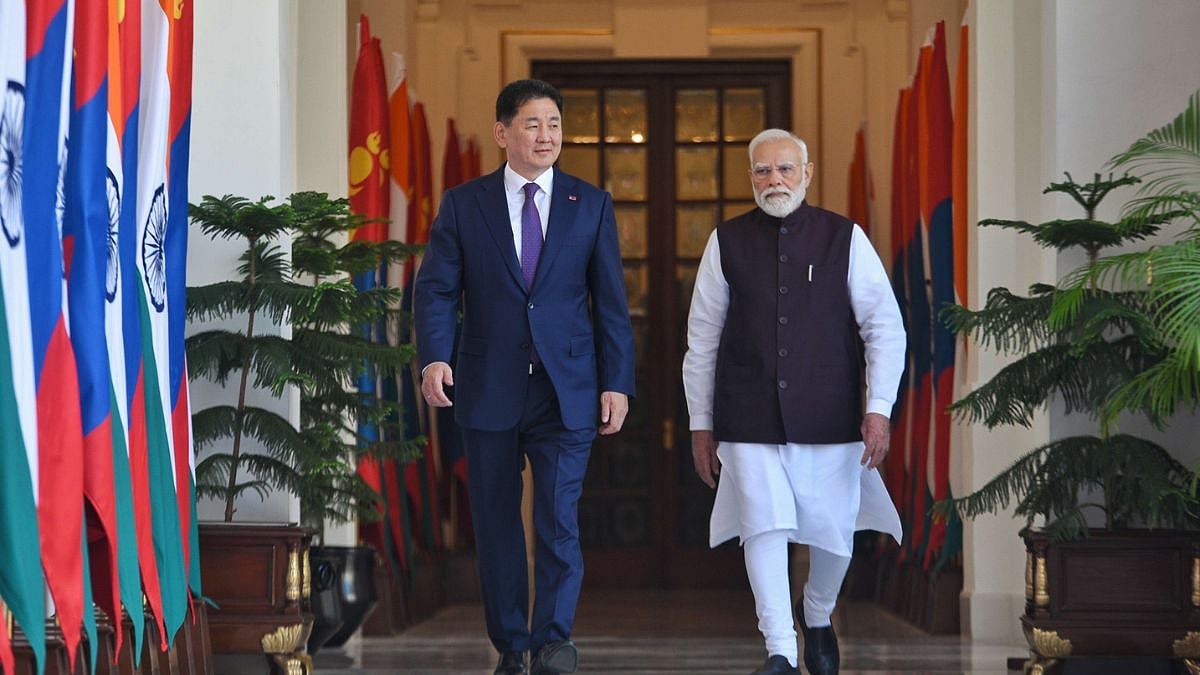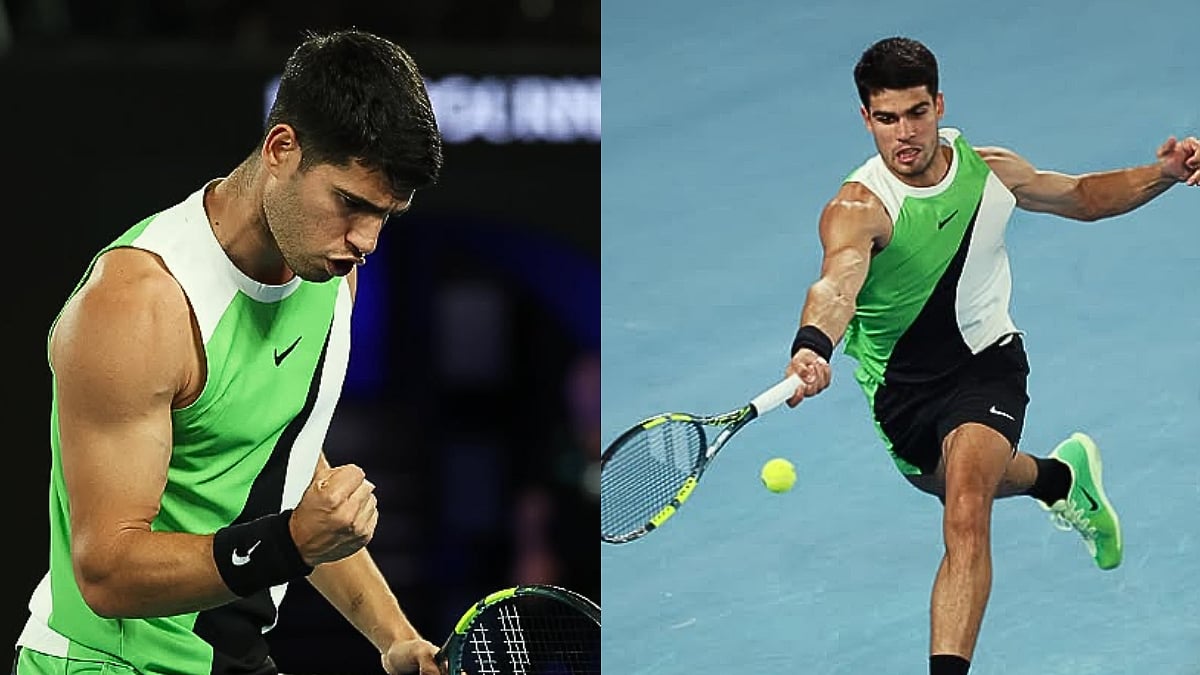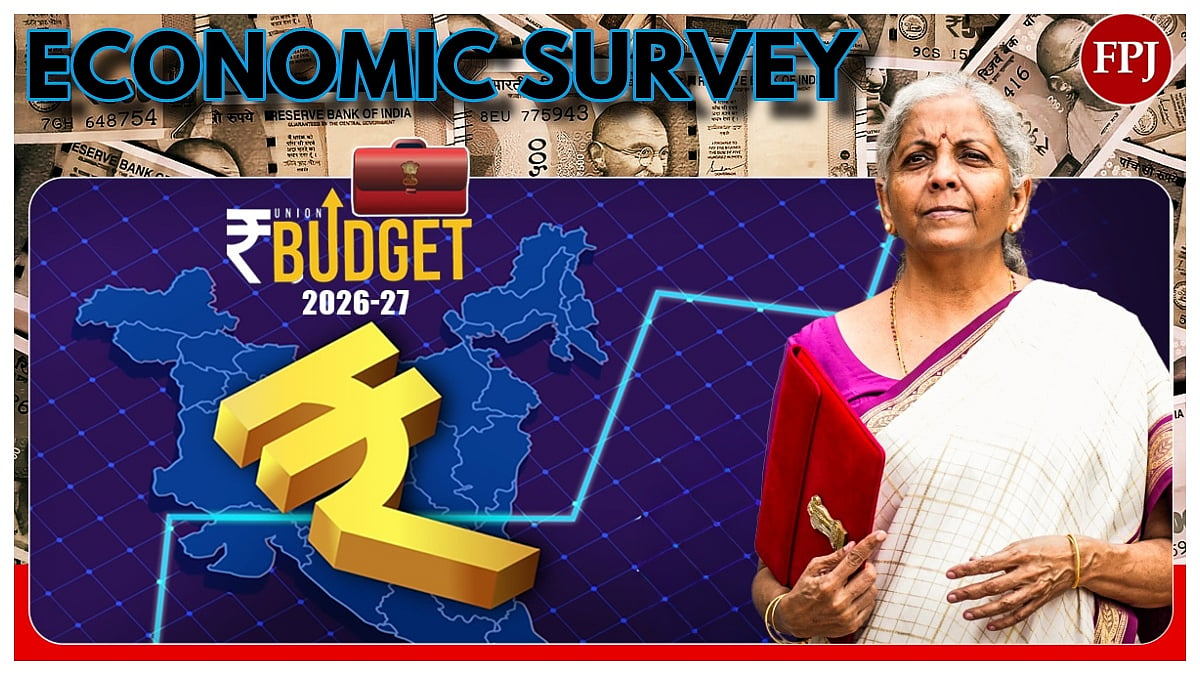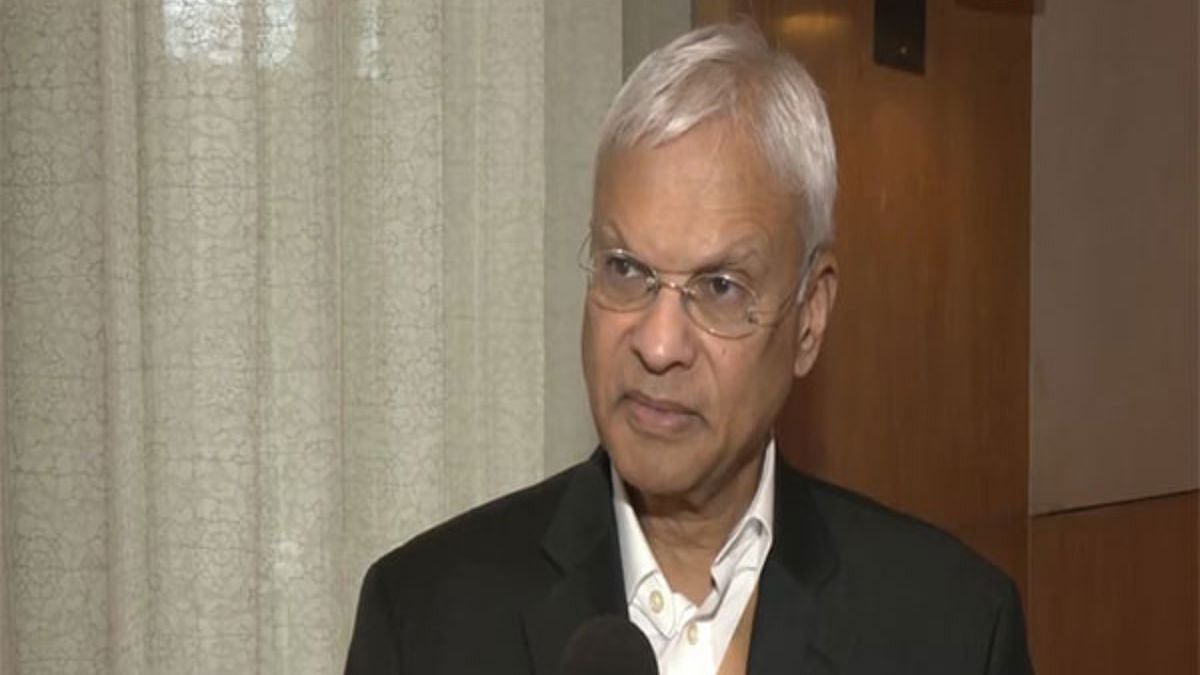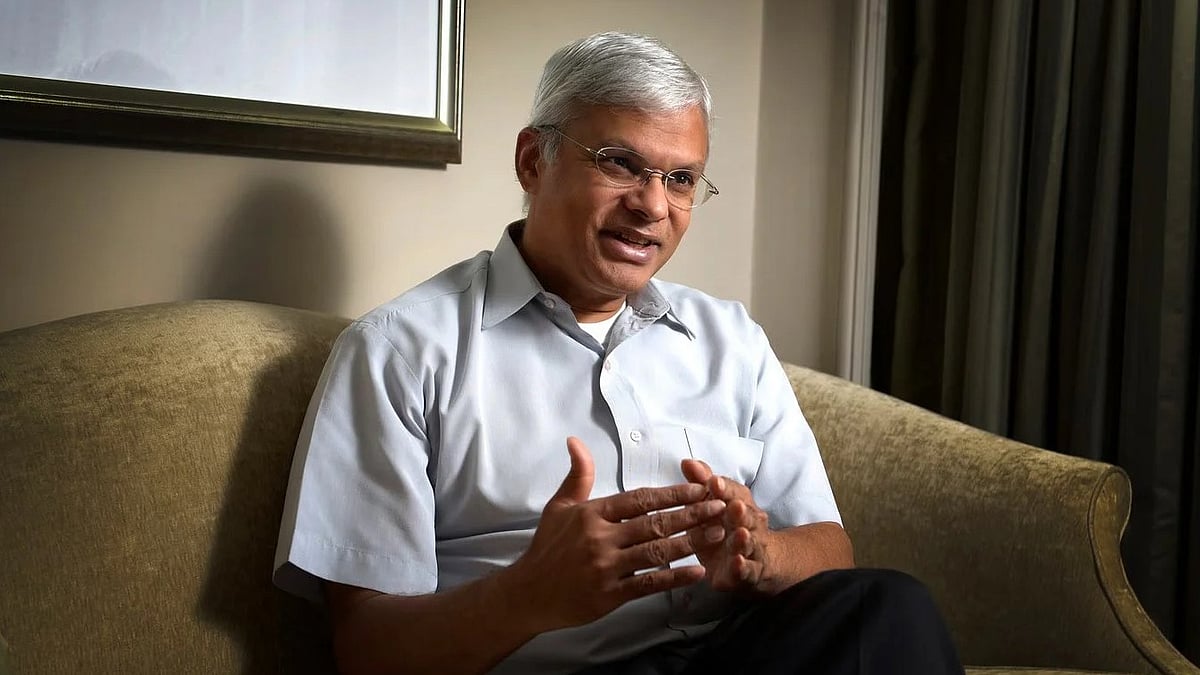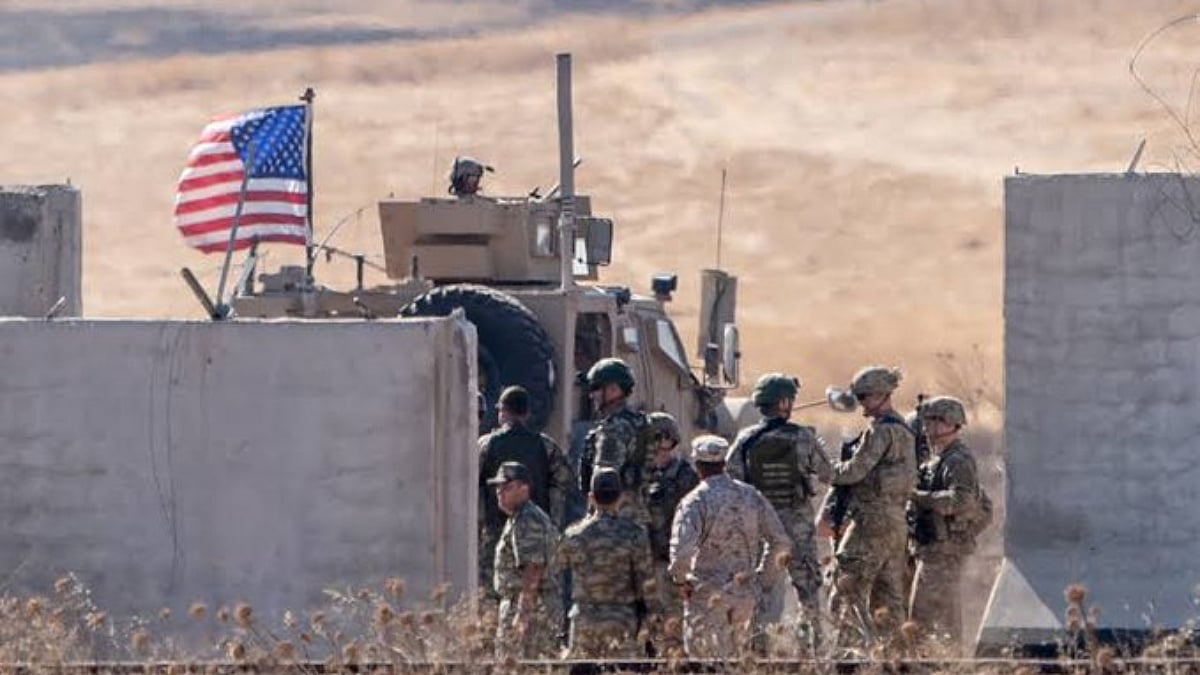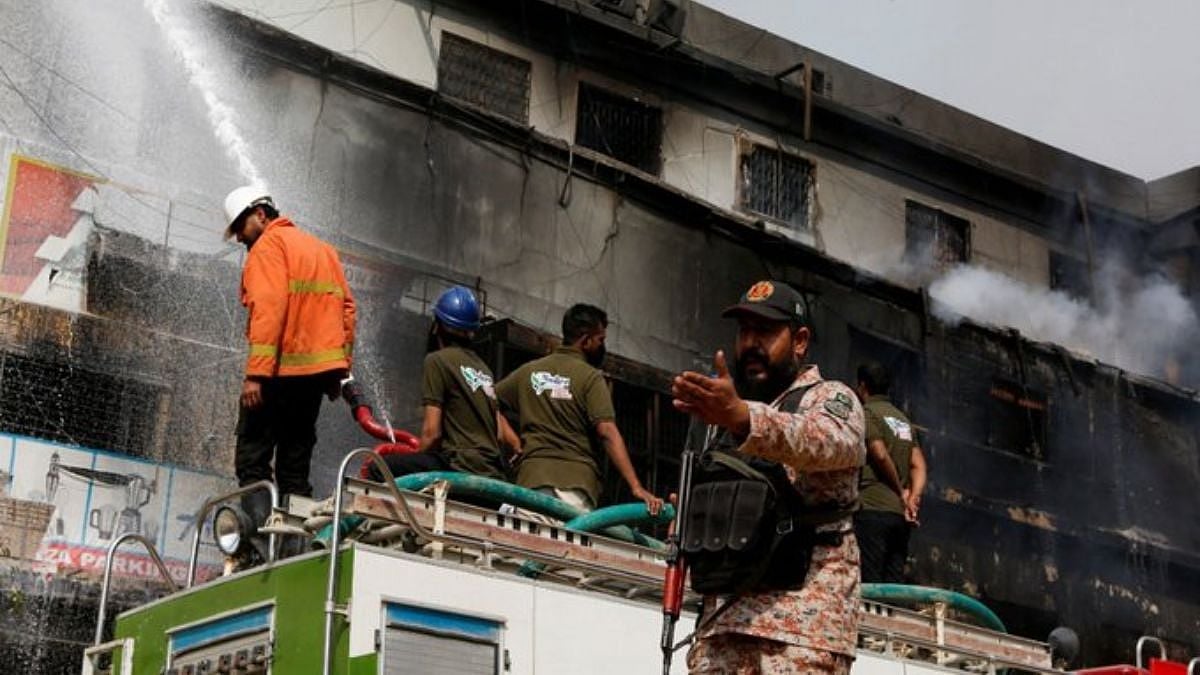New Delhi: China will be closely monitoring Mongolian President Khurelsukh Ukhnaa’s arrival in India. The Mongolian president, who has come at the special invitation of President Draupadi Murmu arrived in New Delhi on Monday for a four-day state visit.
About The Visit
The president’s visit comes as India and Mongolia mark 70 years of diplomatic ties and 10 years of the India-Mongolia strategic partnership. The president met PM Modi after which both sides held delegation-level talks in key sectors, including education, energy, defence, and security. In total 10 MoUs were signed in areas such as humanitarian aid, restoration of heritage sites in Mongolia, cooperation on immigration, geology and mineral resources, promotion of cooperatives, and the sharing of digital solutions.

Speaking at a joint session post the meetings, Prime Minister Modi announced that the government would provide free e-visas to people of Mongolia. Highlighting the new MoU between the Ladakh Autonomous Hill Development Council and Mongolia’s Arkhangai province to promote local-level cooperation, the prime minister also pointed out development of the oil refinery being built in Mongolia. The refinery is Mongolia’s first domestic oil refinery, and it will aim to strengthen its energy security and reduce dependence on imports.
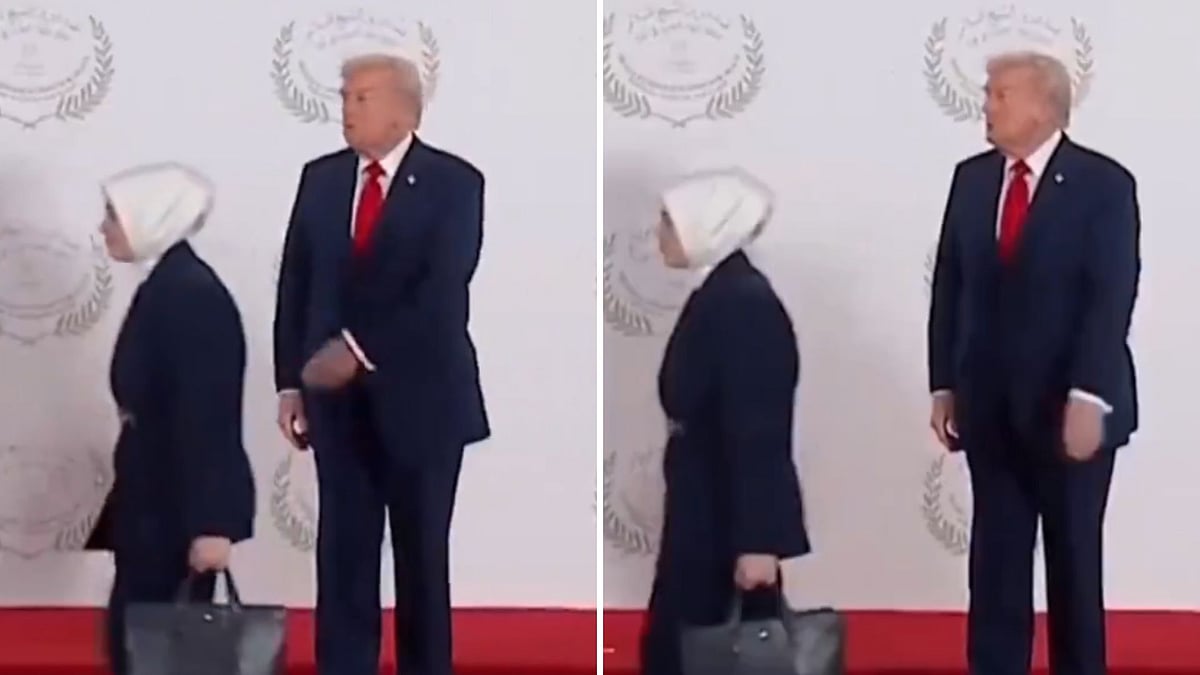
“The Oil Refinery Project, supported by India’s $1.7 billion line of credit, will strengthen Mongolia’s energy security. It is India’s largest development partnership project globally, with over 2,500 Indian professionals working alongside their Mongolian counterparts to make it a reality,” said Modi. President Ukhaa added that the refinery was of “strategic importance for Mongolia and crucial to securing our energy needs.”
The president’s concern over the refinery is understandable. Currently, statistics show that 70-80% of Mongolia’s exports are dependent on China, ensuring the country remains energy dependent on Chinese demand and prices. By providing a refinery, India seeks to reduce Mongolian dependence on China. Senior diplomats said both countries would also be looking at exporting critical mineral reserves from the landlocked country through the Vladivostok-Chennai maritime corridor. Amongst this could be uranium. Mongolia exports uranium, which India requires for its civil nuclear energy projects.
A recently released government panel report said India needed to cut its nuclear project timelines by securing long-term uranium fuel supplies. Prime Minister Modi also focussed on the defence aspect of the relationship in his speech. “Our defence and security cooperation is also steadily strengthening. We have launched several new initiatives, from training programs to the appointment of a Defense Attaché at the Embassy.
India will also launch a new capacity-building program for Mongolia's border security forces.” Speaking at a special briefing post the meeting of the two leaders, Secretary (East) Periasamy Kumaran said the two countries had adopted a “joint statement on strengthening the strategic partnership and charting a shared vision for future engagement in resilient supply chains and critical minerals.” Kumaran also said that Mongolia was eager to trade with India by providing items such as coking coal.
“The problem is that Mongolia is landlocked and depends on neighbouring countries to be able to ship out the coal. If India is to buy coking coal, it will have to be through Tianjin port in China or Vladivostok port in Russia. The economics need to be figured out. The Russian option is more expensive than the Chinese one. We are talking to the Russians and the Mongolians to see what kind of arrangements can be made.” He added that India was also looking at copper, gold, iron, zinc, and Mongolia’s uranium reserves.
